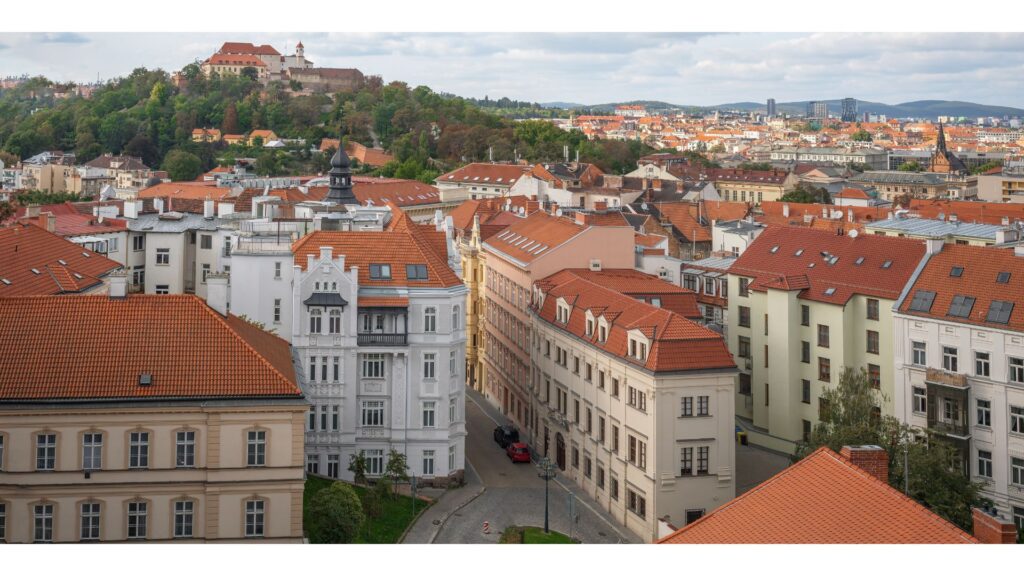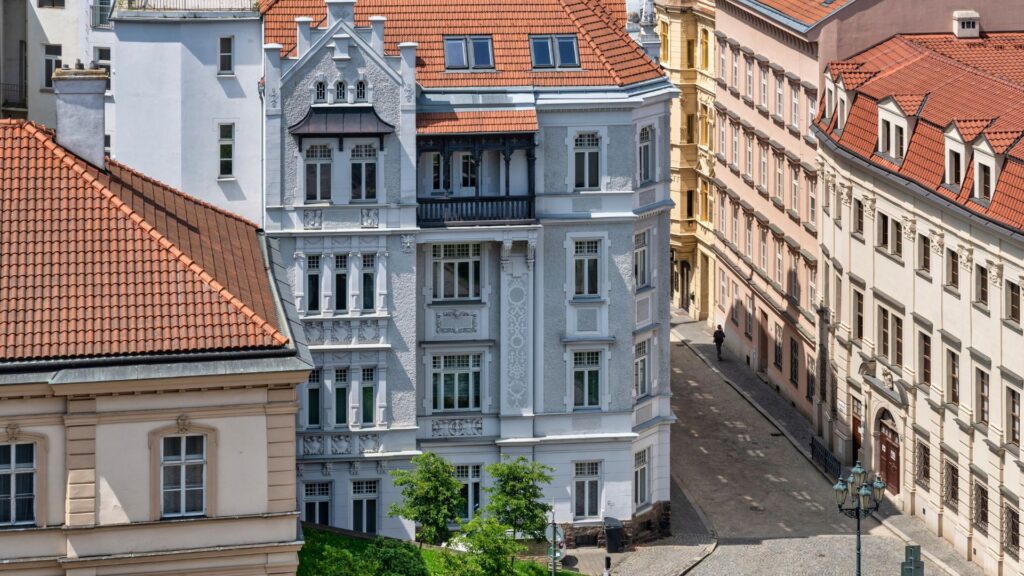
Over the past five years, the global real estate market has witnessed dramatic changes, and Israel and the Czech Republic are no exceptions. While both countries have experienced a steady rise in property prices, their market dynamics, affordability, and investment climates differ significantly. This article explores these differences and explains why many investors are now choosing to invest in real estate in Czech Republic over traditionally popular markets like Israel.
Rising Prices: Israel vs. Czech Republic
In Israel, real estate prices have surged sharply. Between 2019 and 2024, average residential property prices increased by over 50%, driven by a strong demand-supply imbalance, high immigration, and persistent under-construction rates. Major cities such as Tel Aviv and Jerusalem have seen the steepest rises, with average apartment prices exceeding €10,000 per square meter in premium areas.
By contrast, the Czech Republic, particularly cities like Prague and Brno, has experienced a more moderate increase of around 35%–40% over the same period. While this still reflects a hot market, it remains more accessible to investors. In Prague, for instance, average prices per square meter range from €5,000 to €7,000 — far below Israel’s urban core. This price difference is one reason why international buyers increasingly invest in real estate in Czech Republic as a strategic alternativ.
Affordability and Accessibility for Buyers
Purchasing property in Israel has become increasingly difficult for both locals and foreigners. Mortgage interest rates have climbed, and strict regulations limit foreign ownership and speculation. Additionally, bureaucratic challenges and high taxation have made real estate acquisition more complicated.
In the Czech Republic, the process is notably more transparent and investor-friendly. The government has introduced measures to encourage foreign investment, and mortgage rates remain comparatively favorable. Furthermore, the Czech property market is more stable, with fewer regulatory obstacles. For many international investors, especially from Europe and Asia, the ease of access is a decisive factor to invest in real estate in Czech Republic.
Market Outlook: Long-Term Investment Value

Israel’s market, though lucrative, is reaching a saturation point in urban centers. The constant political tensions and regional instability also pose risks for long-term investments. While there is still potential for growth in suburban and underdeveloped areas, returns may not be as robust.
Meanwhile, the Czech Republic continues to attract investors thanks to its political stability, EU membership, and growing economy. The demand for rental properties in cities like Prague remains high, driven by students, expats, and digital nomads. This sustained demand translates into reliable rental yields, making it an excellent time to invest in real estate in Czech Republic for both capital appreciation and passive income.
Conclusion: Why More Investors Choose the Czech Republic
In conclusion, while both Israel and the Czech Republic offer attractive real estate opportunities, the latter presents a more balanced and investor-friendly environment. Lower property prices, simpler acquisition processes, and solid long-term growth potential make it a compelling choice. Whether you’re looking to diversify your portfolio or secure rental income, now is a great time to invest in real estate in Czech Republic.
